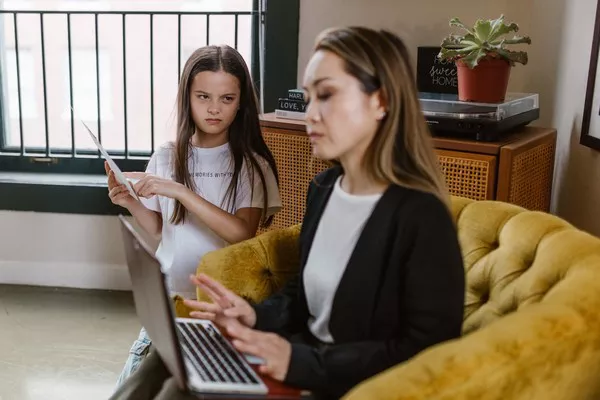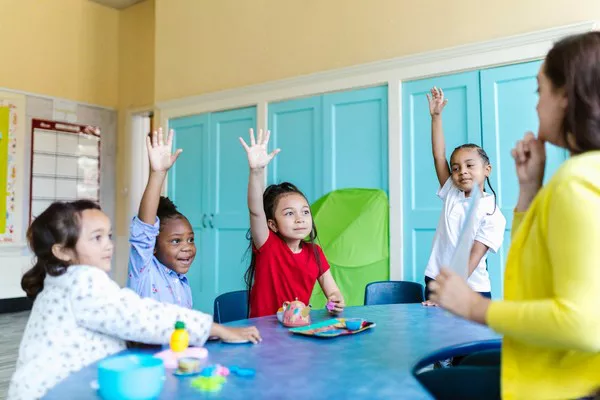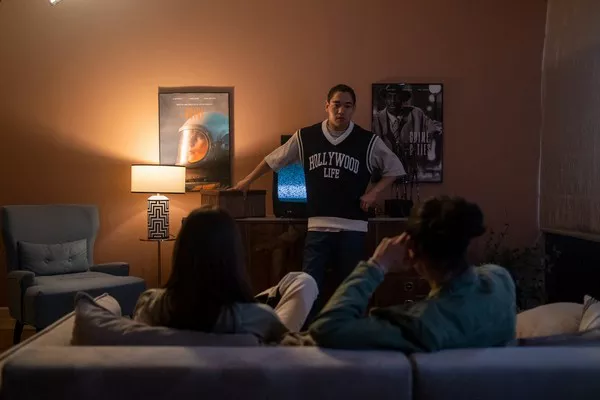In a significant move towards bolstering mental health support for young Australians, the Albanese Government has pledged $4.6 million to fund research initiatives aimed at addressing youth mental health issues. This commitment underscores the government’s dedication to translating research findings into tailored healthcare solutions that cater to the specific needs of young people.
The funding, facilitated through the Partnership Project scheme, will fuel collaborative efforts between researchers, local governments, health service providers, and not-for-profit organizations. Together, these stakeholders will delve into research, interpret findings, and translate them into actionable health policies and practices.
The youth mental health projects receiving funding are part of a broader investment in collaborative health and medical research, totaling over $15.6 million. With additional contributions from various funding partners amounting to $28.6 million across all 12 projects, the total investment stands at $44.2 million.
Leading the charge is Professor Penelope Hasking from Curtin University, whose research focuses on developing a screening tool to identify university students at heightened risk of suicide. This innovative tool enables proactive safety planning and support interventions for those identified as vulnerable.
Collaborating with Beyond Blue, headspace, the Department of Health WA, and Lifeline Western Australia, Professor Hasking’s project, Checking on Mental Health Providing Alternatives to Suicide for Students (COMPAS-S), aims to provide targeted support to students at elevated risk of suicidal behavior.
Another project, spearheaded by Professor Sally Brinkman and her team from the University of South Australia, seeks to assess the efficacy of a self-regulated learning program in enhancing student success and wellbeing.
Dr. Rachel Toovey of the University of Melbourne will lead a research endeavor to implement and evaluate CycLink, a co-designed cycling program aimed at promoting the participation of children with disabilities in their local communities.
Ms. Miriam Yates, a parent, co-researcher, and Associate Investigator on the CycLink project, highlights the importance of bridging the gap between therapeutic learning sessions and recreational bike riding for children with disabilities.
Professor Debra Rickwood from the University of Canberra aims to develop and test real-time measures of change in client outcomes and clinician actions during online chat-based mental health services.
Joey, a consumer of eheadspace and youth advocate, emphasizes the significance of online mental health support in addressing the needs of young people, citing its accessibility and effectiveness.
Assistant Minister for Mental Health and Suicide Prevention, the Hon Emma McBride, lauds the funded projects for their potential to inform national mental health policies and services, ensuring they align with the real-world needs of young Australians.
NHMRC CEO Professor Steve Wesselingh underscores the collaborative nature of the Partnership Project scheme, emphasizing its role in fostering improved health policies and healthcare services through researcher-policy maker collaborations.
Professor Penelope Hasking emphasizes the proactive nature of their suicide prevention approach, which aims to intervene before individuals reach a crisis point.
The government’s investment in youth mental health research reflects a concerted effort to prioritize the mental wellbeing of young Australians and underscores the importance of collaborative initiatives in shaping effective mental health policies and services.




























